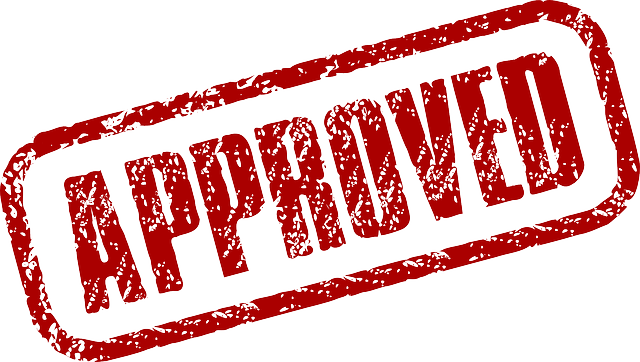Wisconsin benefits from a range of state and federal programs aimed at supporting and sustaining its rural communities. These initiatives encompass various sectors, including infrastructure, education, economic development, and environmental conservation.
State Initiatives:
-
Advancing Rural Wisconsin Initiative: This program seeks to enhance education, commerce, and the quality of life for rural residents. Notably, it has led to increased transportation aid and adjustments to the low revenue ceiling. The introduction of sparsity aid in the 2011-13 budget provided $13.4 million annually to assist in covering the costs of educating students in less populated areas. The initiative also promotes collaboration to help rural schools and communities build on their strengths.
-
Thrive Rural Program: Launched by the Wisconsin Economic Development Corporation (WEDC), this program offers grants and technical assistance to rural communities. Ten selected communities receive up to $25,000 in grants and two years of support in planning and grant writing to meet their economic development goals.
-
Office of Rural Prosperity: Established to ensure that rural voices and needs are represented in state government, this office focuses on various areas, including improving the state’s forestry sector, investing in renewable energy projects, boosting outdoor recreation, supporting child care professional development, and expanding broadband access.
Federal Initiatives:
-
USDA Rural Development Programs: The U.S. Department of Agriculture offers numerous programs to support rural Wisconsin:
-
Rural Housing Site Loans: Provide loans to purchase and develop housing sites for low- and moderate-income families.
-
Rural Microentrepreneur Assistance Program: Offers loans and grants to Microenterprise Development Organizations to assist microenterprises in starting up and growing.
-
Water & Waste Disposal Loan & Grant Program: Provides funding for clean and reliable drinking water systems, sanitary sewage disposal, and storm water drainage to households and businesses in eligible rural areas.
-
Single Family Housing Repair Loans & Grants: Offers loans to very-low-income homeowners to repair, improve, or modernize their homes and grants to elderly very-low-income homeowners to remove health and safety hazards.
-
-
Infrastructure Investment and Jobs Act: This federal legislation allocates significant funding to various infrastructure projects, including those in rural areas. For instance, in October 2023, $450 million was allocated to clean the Milwaukee River estuary, addressing long-standing pollution issues affecting surrounding communities.
These programs and initiatives collectively aim to strengthen Wisconsin’s rural communities by improving infrastructure, supporting economic development, enhancing educational opportunities, and preserving the environment.


